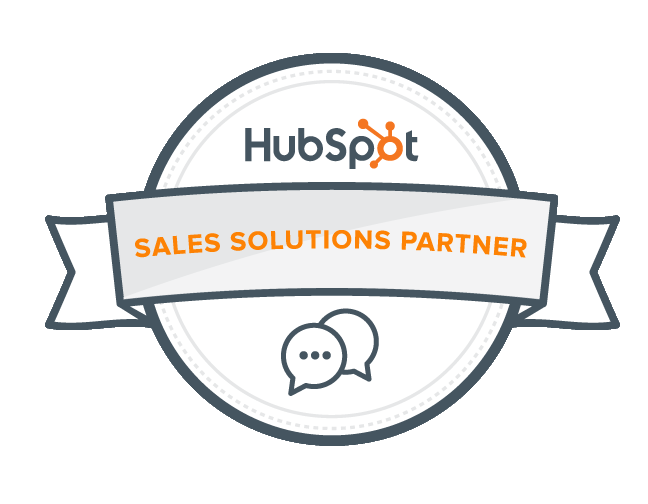Website event tracking has gotten a lot easier; but, this might be holding you back.
Website event tracking can be a hugely beneficial way to measure the performance of your website, but it's not something that everyone can set up. If you don't have the resources or technical expertise to track events on your site, you're not alone — but it may be holding you back from reaching your full potential.
Why Tracking Events On Your Website Is Important
When someone fills out a form, clicks on a button, schedules an appointment, scrolls down a page, or does "something" on your website, you probably want to know about it. More importantly, you want to look at the data to answer important questions like:
- how many people filled out a form last month?
- how many people called me from my website?
- where did those people come from, how did they find me?
- what can I do to get more people calling, emailing, and connecting with me?
Fortunately with the release of GA4 and Google Tag Manager Event Tags, answering these questions has gotten a lot easier! So, why isn't everyone looking at this data?
You might have an old analytics account.
Old analytics accounts don't have the same power as GA4. In some cases, they are easier to use because of familiarity, but they lack the ability to manage conversions in a meaningful way. If you are unsure of what kind of account you have, contact your web developer. Or schedule a consultation with us.
You might have a skills gap that prevents you or your developer from setting up tracking.
Sometimes the person who builds your website can create something pretty but doesn't understand the technical side of setting up a website. They may not be as well versed in Google Tag Manager, Analytics, and Search Console. And without proper tracking, you can't answer the essential marketing questions.
- What's working?
- What's not working?
- Where can I adjust?
This doesn't mean you need a new web guy. It just means you need to talk to someone who understands Google's new GA4 and how to take advantage of the new tracking technology.
You may not need new tracking technology.
One thing to always think about when there is something new, or just something new to you, "am I going to use it?" If you don't look at your analytics today if you don't track your marketing and sales efforts, will GA4 change your behavior? We see it all the time. The problem is a lack of business processes and responsibilities, but business owners try and fill the gap with technology. Too often, businesses have no marketing processes and a lot of cool tech/new apps. These days you need both, processes and tech. Check out our launchpad demo. We've combined the latest and greatest applications with easy-to-follow instructions and executable processes.
For more information about our launchpad,
schedule a demo with us today, and SIMPLIFY YOUR MARKETING!






